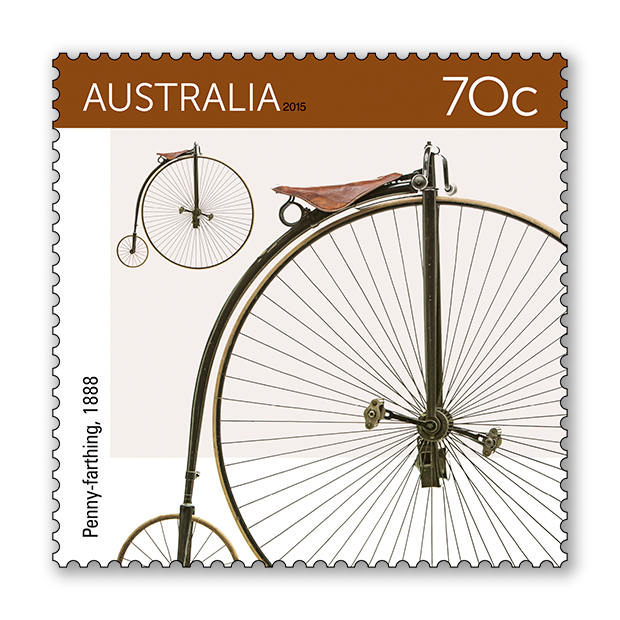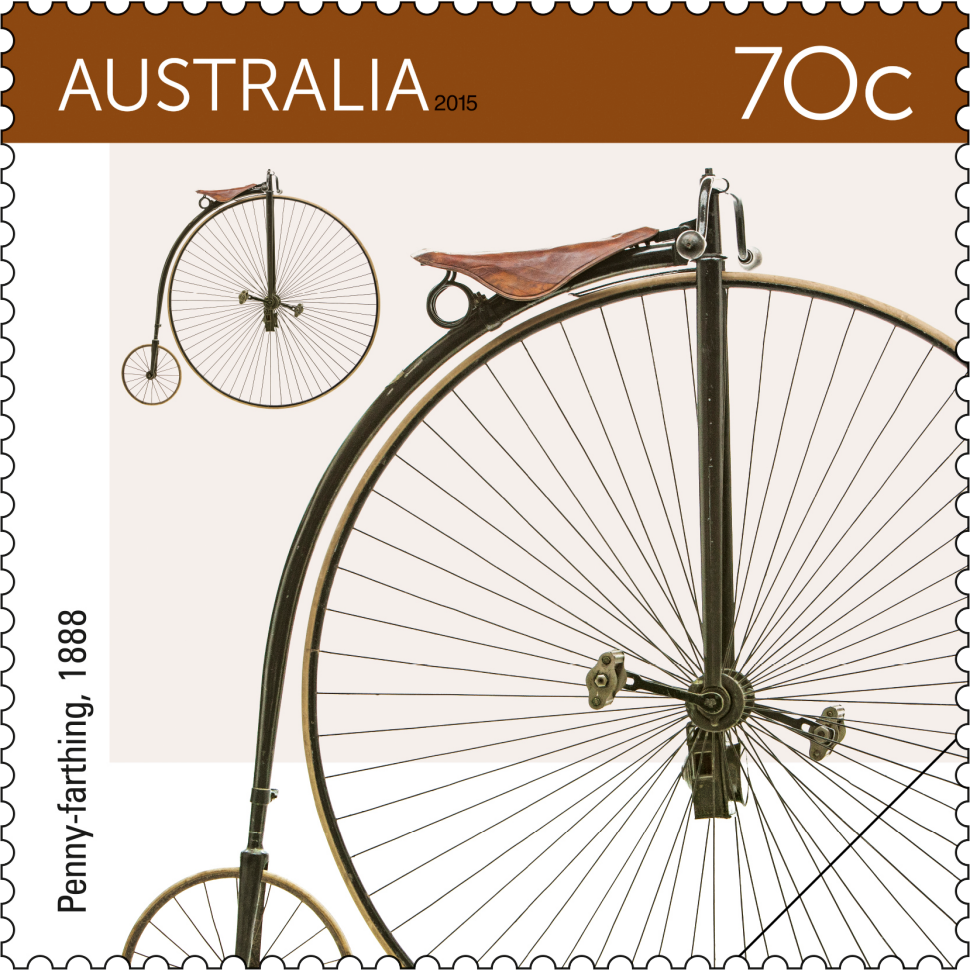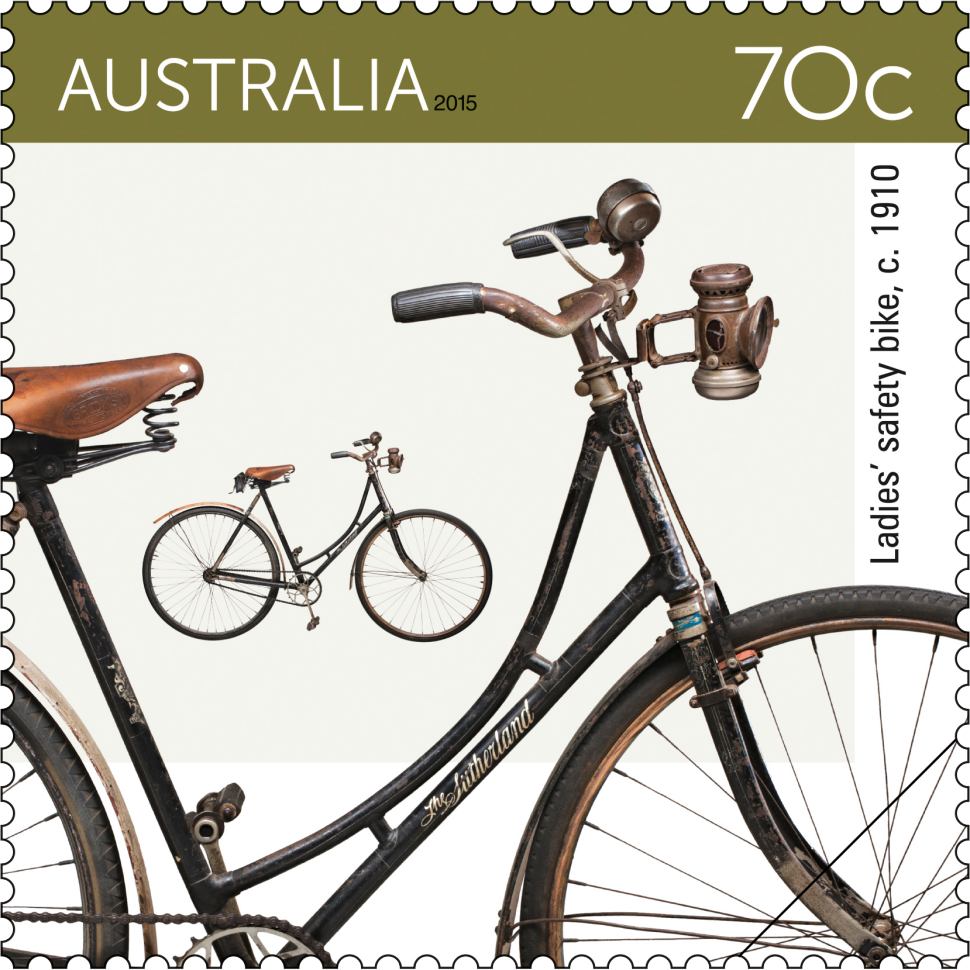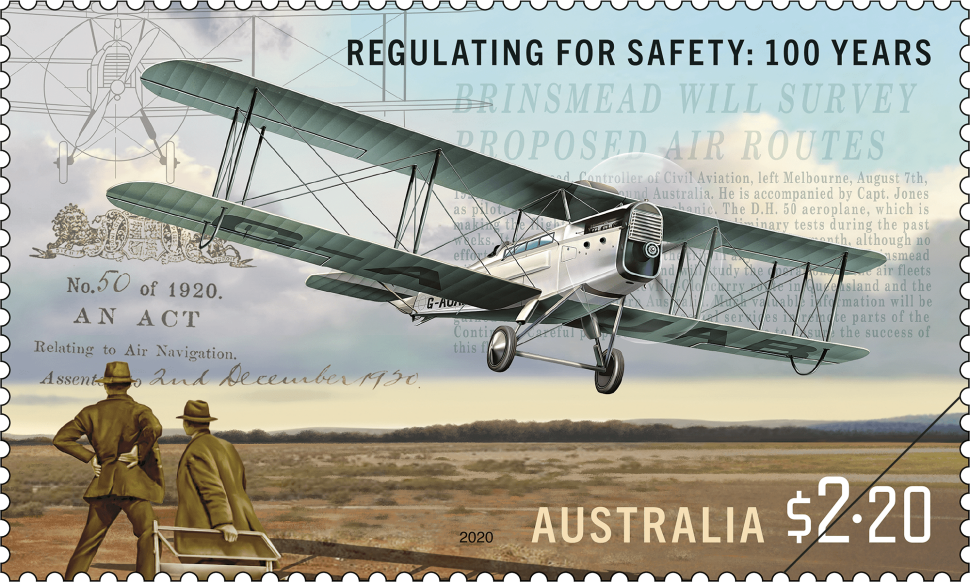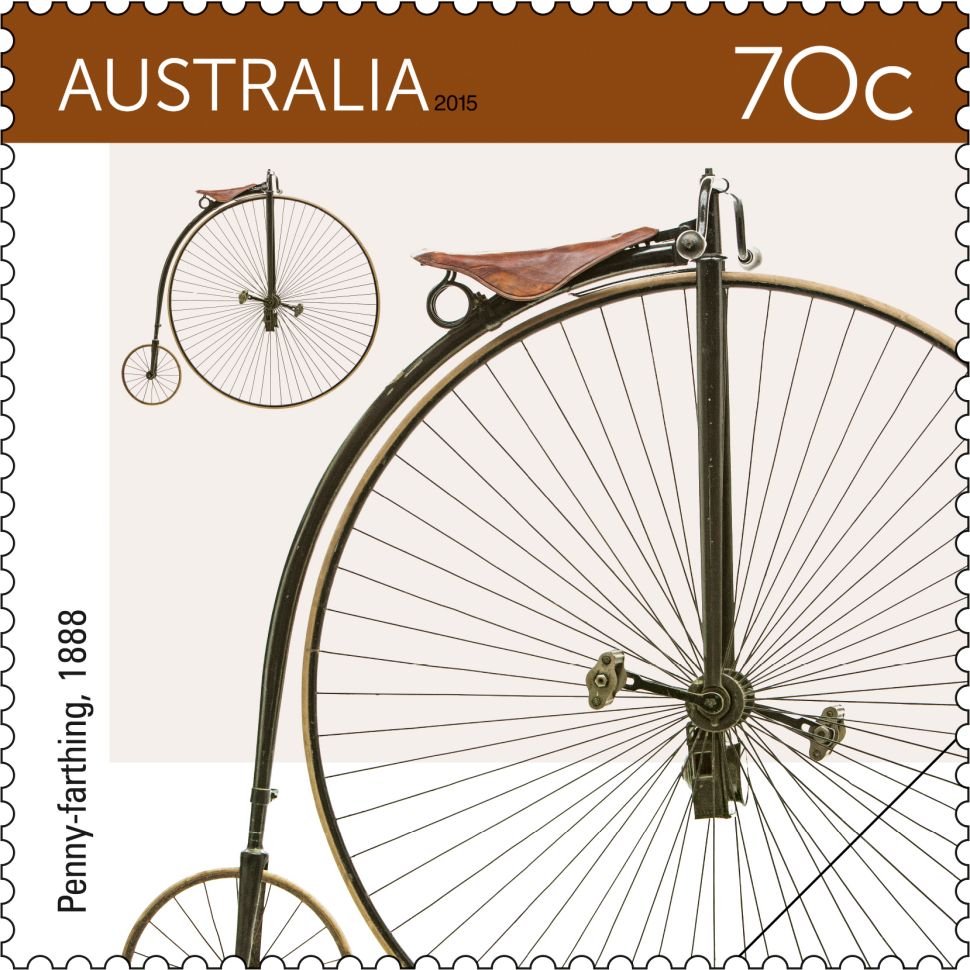At the end of the 1910s and on the back off the late-19th-century cycling craze, bicycles were the most popular form of individualised transport in Australia. But once the car became an affordable option, the popularity of the metal steed dipped. Today, cycling is again embraced, with around 55% of Australian households owning at least one bike in working order.
The history of bicycle design is particularly interesting, and partly for its rapid development. Once the technology moved beyond the much-maligned hobby horse, or Draisene – essentially propelled by the seated rider running – the major design transformations occurred over just a couple of decades from the early 1860s.
Following the hobby horse the velocipede, or “boneshaker”, was developed in 1863; after the boneshaker the penny-farthing, aka high wheel or ordinary, arrived on the scene in the early 1870s; and from the penny-farthing the safety bike was came into being in 1885.
The tricycle, quadricycle and “sociable” also appeared during this time of intense innovation, but it is the two-wheeler that has been enduring and proven itself most historically and socially important.
This stamp issue focuses on bike design from the late 19th century to 2015 through four examples, with each bike shown manufactured in Australia. They are a Bassett & Co. penny-farthing (1888), a Sutherland ladies’ safety bike (c. 1910), a Finlay Bros sprung-frame men’s safety bike (1930s) and a contemporary custom-made road bike (2015) by Baum Cycles.
Designer
Sean Pethick
Technical specifications
- Issue date
- 13 October 2015
- Issue withdrawal date
- 30 April 2016
- Denominations
- 2 x 70c se-tenant, 1 x $1.85, 1 x 2.75
- Stamp design
- Sean Pethick
- Product design
- Sharon Rodziewicz, Australia Post Design Studio
- Printer
- McKellar Renown
- Paper - gummed
- Tullis Russell
- Paper - self-adhesive
- B100
- Printing process
- Lithography
- Stamp size
- 35mm x 35mm
- Perforations
- 14.28 x 14.28
- Sheet layout
- Module of 50
- FDI postmark
- Ryde, NSW 2112
- FDI withdrawal date
- 10 November 2015
This content was produced at the time of the stamp issue release date and will not be updated.

